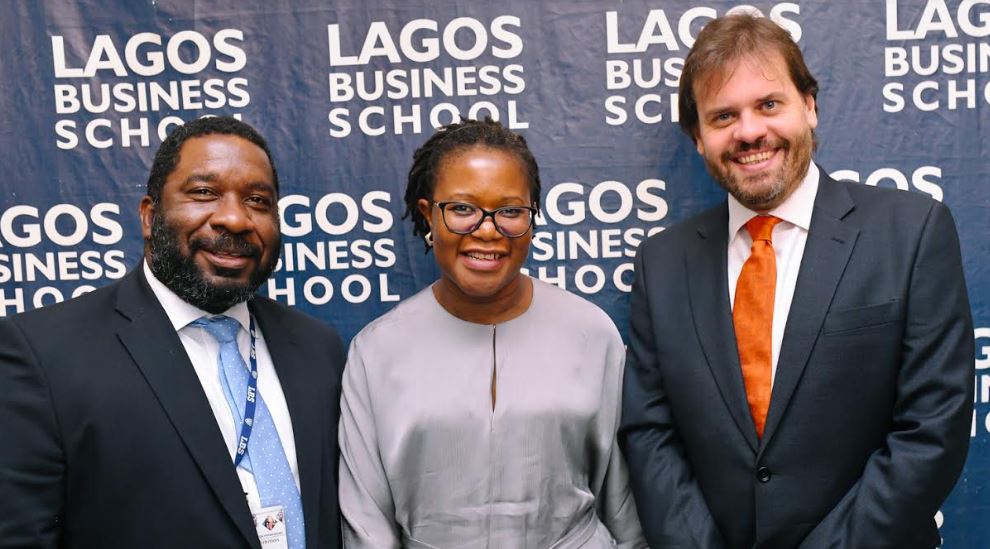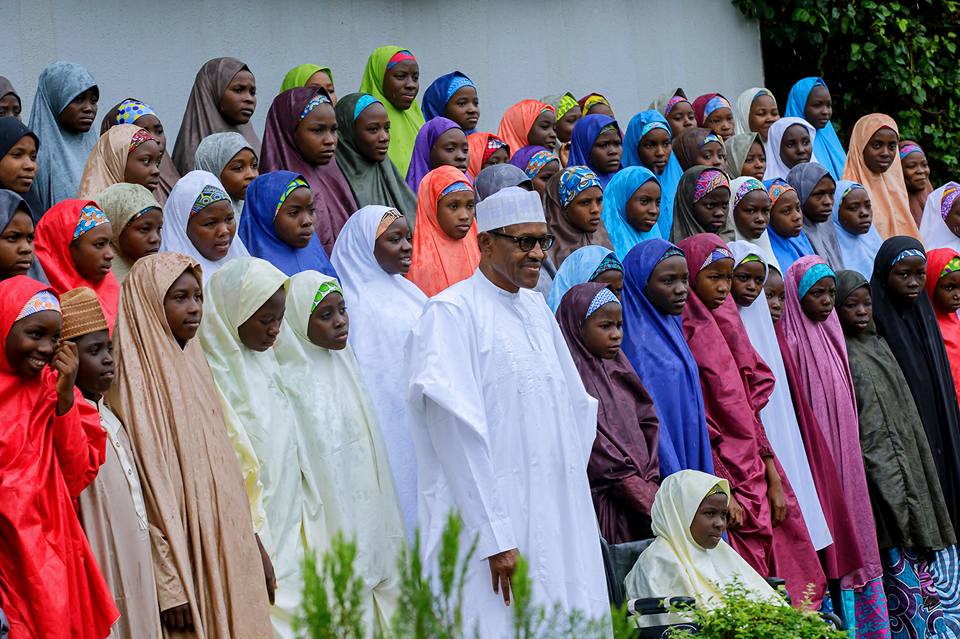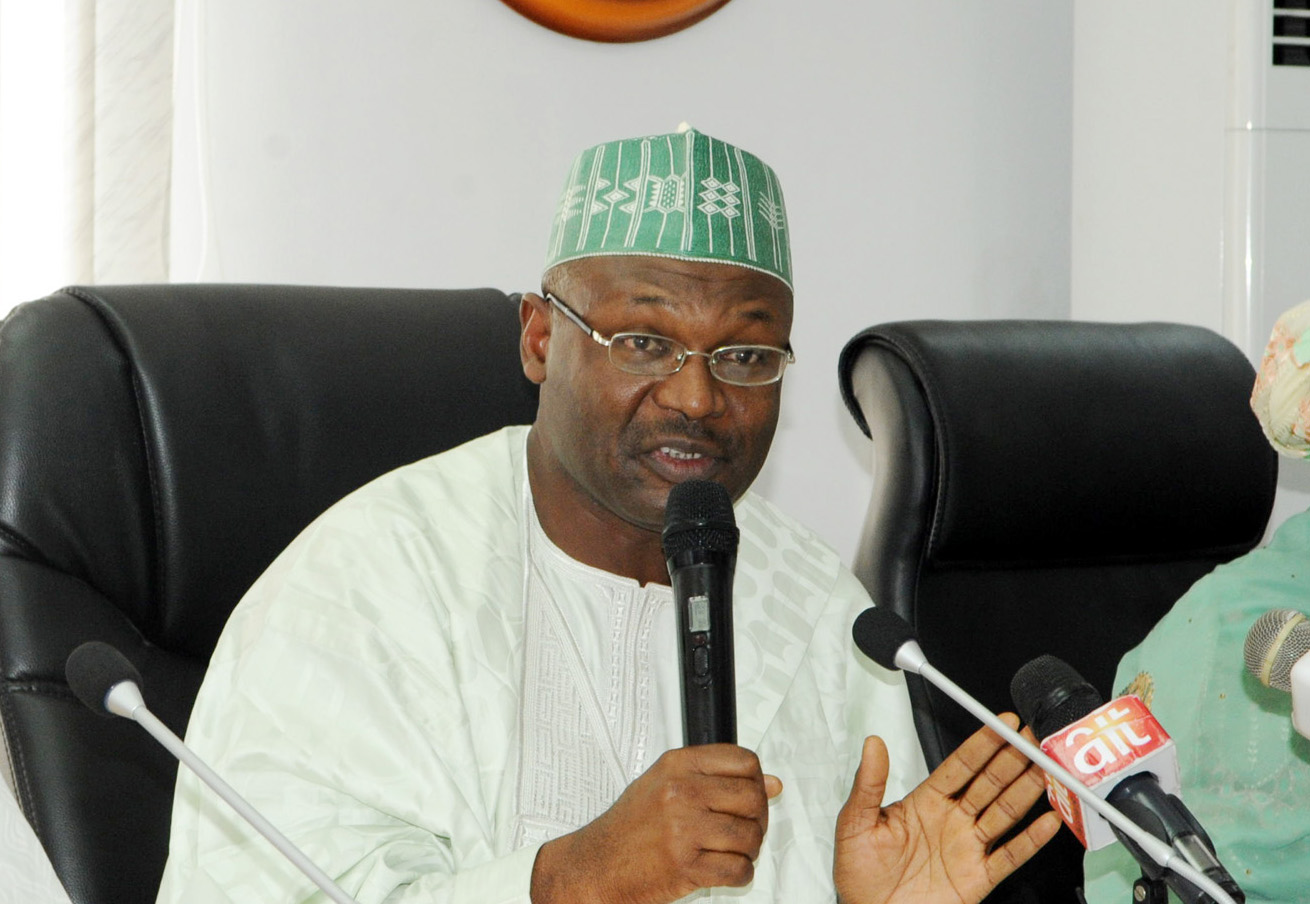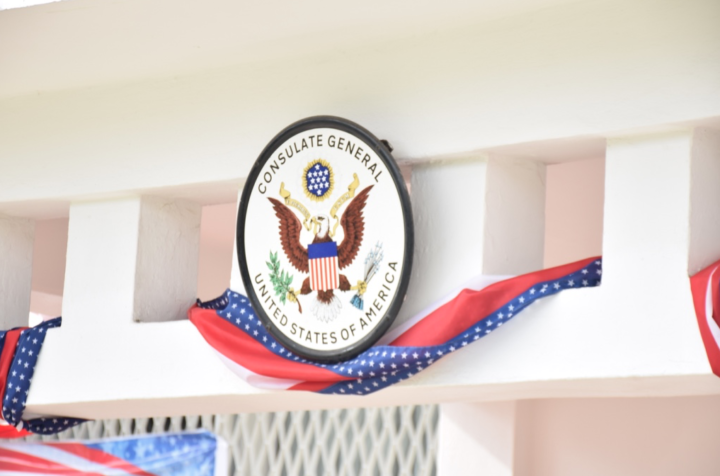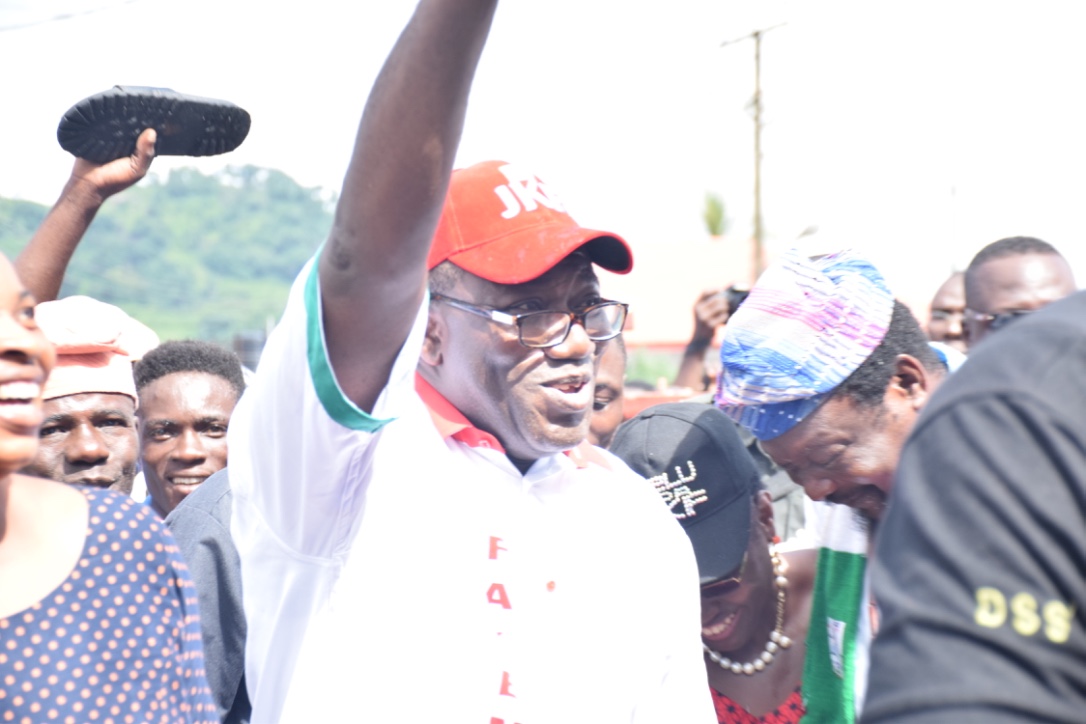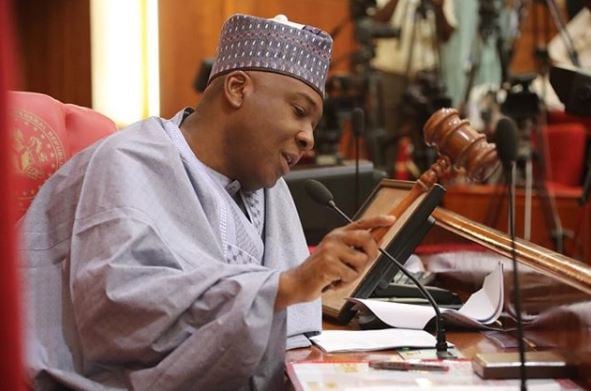The Lagos Business School (LBS) says religious institutions may be a way of improving financial inclusion amongst Nigerians.
In the Nigeria Customer Segmentation Framework released on Thursday, the institution grouped Nigerians who didn’t have access to financial services into six groups.
The groups are vulnerable believers, which form 12% of the population; resilient savers, which form 21% of the population; dependent individualists, 22% of the population; digital youth, 19% of the population; confident optimists, 14% of the population and skeptical cultivators which form 12% of the population.
The report was launched by the Sustainable and Inclusive Digital Financial Services initiative (SIDFS) of the institution in collaboration with Dalberg and the Bill and Melinda Gates Foundation.
Advertisement
Commenting on the report, Olayinka David-West, academic director and senior fellow at LBS, said: “One of the many challenges of financial service providers (FSPs) is limited knowledge of customers.
“As a result, they often overlook high potential customers or misidentify their needs, and invest in products and channels that sometimes miss the mark.
“The customer segments presented in this study provide insights into the behavioural and attitudinal traits of the Bottom of the Pyramid (BoP) population.
Advertisement
“Currently estimated at 75% of Nigeria’s population (about 135 million people), with a view to providing FSPs with correct information to create fit-for-use and segment-aligned digital financial products.”
In dealing with Vulnerable Believers; people who are mostly lower middle-class to poor, religious, rural, with limited education, the report suggests that FSPs leverage on religious institutions and develop agricultural programs that allow this group to take control of their financial lives.
For Skeptical Cultivators, who draw on more people than average for support during emergencies, yet face difficulty raising emergency funds, mobile network operators (MNOs) are encouraged to facilitate greater phone ownership and usage for financial transactions.
In April, the World Bank said 118 million adult Nigerians did not have bank accounts.
Advertisement

